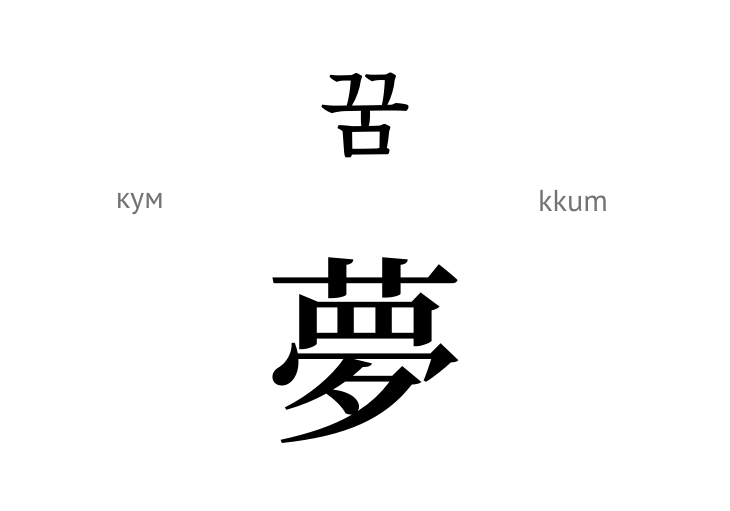
“꿈” is the equivalent word for “dream” in the Korean language, so now I ask you:
Have you ever had a mind-blowing dream that led you to overthink it and search for its meaning?
Dreams are the bridge between the conscious and unconscious worlds and hold exceptional and profound meanings.
Despite the common value attributed to dreams as predictions of the future, their connotation can also vary from country to country: in Korean culture, for instance, dreams can be seen as good or bad omens, so today we will understand how South Korea decodes some of these symbols.
PIGS
If a pig appears in someone’s dream, there is no need to worry! This animal represents luck and wealth.
You may wonder why, and here I give you the answer:
In the past, only rich people owned pigs and ate them, which is why they symbolise prosperity and wealth.
DRAGONS
This mystical creature strongly impacts dreams, as it indicates personal success.
The explanation for this connotation is based on the legend that the first Buddha’s follower was a dragon.
Tigers and snakes also represent luck.
FIRE
This element is seen a threatening factor, because in the human world fire scorches, destroys and ruins everything, but it is not the same in the world of dreams.
In fact, fire signifies growth and flourishing in a person’s career or life.
WATER
Water has a twofold meaning, depending on whether it is clear or dirty water.
Clean water is auspicious, as it indicates wealth and good fortune coming into the dreamer’s life.
On the other hand, dirty or muddy water portrays a bad omen, as the dreamer’s wealth is waning.
Hence, do not take urination, blood and excrement as bad omens! Surprisingly, they are also good omens, let’s see how.
BLOOD
Linked to one’s occupation (be it a job, school or personal improvement) it is related to the quote ‘the more blood you shed, the more money you will find on your way’.
However, blood must be shed, because if it comes from a wound, it is a bad omen.
URINATE
In Korean culture, urinating means excreting toxins and all the components that can harm the body and, therefore, someone’s health.
EXCREMENTS
implies that difficulties in life are disappearing.
LOSS OF BODY PARTS
If someone dreams of losing hair, nails, teeth or other body parts, it is a warning, a bad omen!
The loss of body parts means that something or someone is leaving the dreamer, piece by piece: it may be the loss of a job, the departure or loss of family members as well as friends; further, it signals health issues and if what is lost is in large amount, it means that huge problems are occurring.
DOLLS
Disputes and controversies are on the way for the dreamer. Further concerning, if someone dreams of an animated doll, as this leads to a dispute that is scarcely avoidable and can hardly be settled.
FLYING
Whether it is a plane, wings, because anything can happen in dreams, or a hot-air balloon, flying is a good omen, since it stands for an increase in the dreamer’s status.
This is an introduction to the Korean view of dreams: it is believed that if one wants to obtain fortune and wealth, one should not share one’s dreams with anyone!





